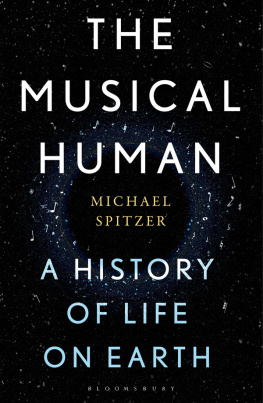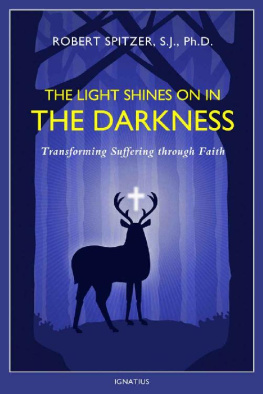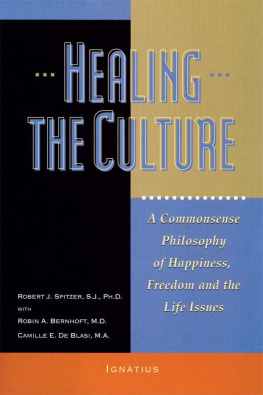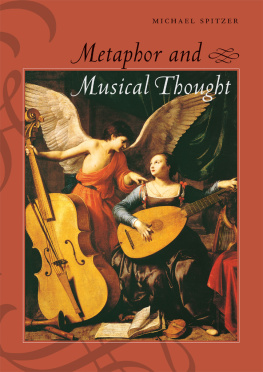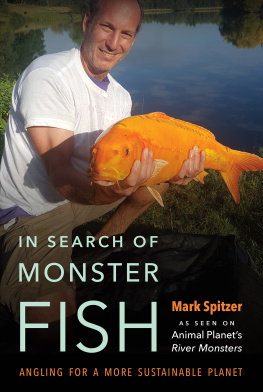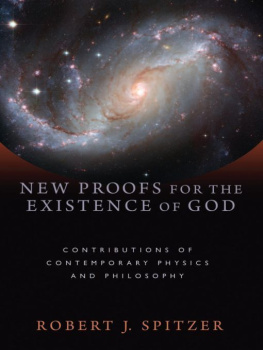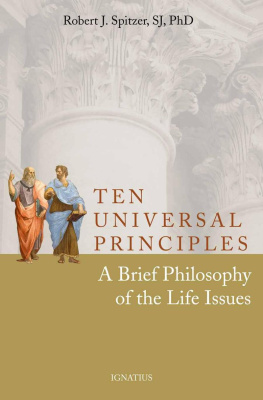Michael Spitzer - The Musical Human
Here you can read online Michael Spitzer - The Musical Human full text of the book (entire story) in english for free. Download pdf and epub, get meaning, cover and reviews about this ebook. year: 2021, publisher: Bloomsbury Publishing, genre: Children. Description of the work, (preface) as well as reviews are available. Best literature library LitArk.com created for fans of good reading and offers a wide selection of genres:
Romance novel
Science fiction
Adventure
Detective
Science
History
Home and family
Prose
Art
Politics
Computer
Non-fiction
Religion
Business
Children
Humor
Choose a favorite category and find really read worthwhile books. Enjoy immersion in the world of imagination, feel the emotions of the characters or learn something new for yourself, make an fascinating discovery.
- Book:The Musical Human
- Author:
- Publisher:Bloomsbury Publishing
- Genre:
- Year:2021
- Rating:3 / 5
- Favourites:Add to favourites
- Your mark:
- 60
- 1
- 2
- 3
- 4
- 5
The Musical Human: summary, description and annotation
We offer to read an annotation, description, summary or preface (depends on what the author of the book "The Musical Human" wrote himself). If you haven't found the necessary information about the book — write in the comments, we will try to find it.
The Musical Human — read online for free the complete book (whole text) full work
Below is the text of the book, divided by pages. System saving the place of the last page read, allows you to conveniently read the book "The Musical Human" online for free, without having to search again every time where you left off. Put a bookmark, and you can go to the page where you finished reading at any time.
Font size:
Interval:
Bookmark:

The Musical Human

BLOOMSBURY PUBLISHING
Bloomsbury Publishing Plc
50 Bedford Square, London, WC1B 3DP, UK
29 Earlsfort Terrace, Dublin 2, Ireland
BLOOMSBURY, BLOOMSBURY PUBLISHING and the Diana logo are trademarks of Bloomsbury Publishing Plc
First published in Great Britain 2021
This electronic edition first published in 2021
Copyright Michael Spitzer, 2021
Michael Spitzer has asserted his right under the Copyright, Designs and Patents Act, 1988, to be identified as Author of this workEvery reasonable effort has been made to trace copyright holders of material reproduced in this book, but if any have been inadvertently overlooked the publishers would be glad to hear from them.
All rights reserved. No part of this publication may be reproduced or transmitted in any form or by any means, electronic or mechanical, including photocopying, recording, or any information storage or retrieval system, without prior permission in writing from the publishers
A catalogue record for this book is available from the British Library
ISBN: HB: 978-1-5266-0276-3; TPB: 978-1-5266-0277-0; eBook: 978-1-5266-0274-9
To find out more about our authors and books visit www.bloomsbury.com and sign up for our newsletters
For Karen, Emily and Kiera
My Three Graces
Contents
Imagine that several billion years from now, possibly long after Earth has been consumed by the Sun, aliens open the Voyager 1 space probe launched forty years ago by NASA and listen to the Golden Record, packed with twenty-seven samples of Earths music, as well as greetings in fifty-one languages (see What can aliens tell us about what it is like to be a musical human?
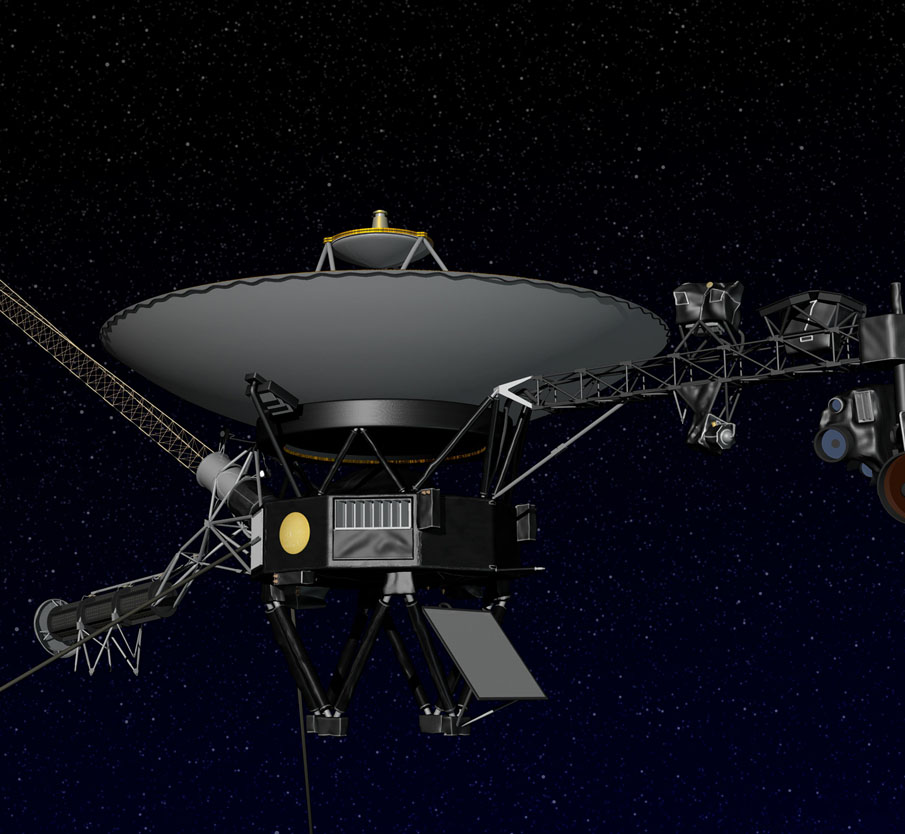
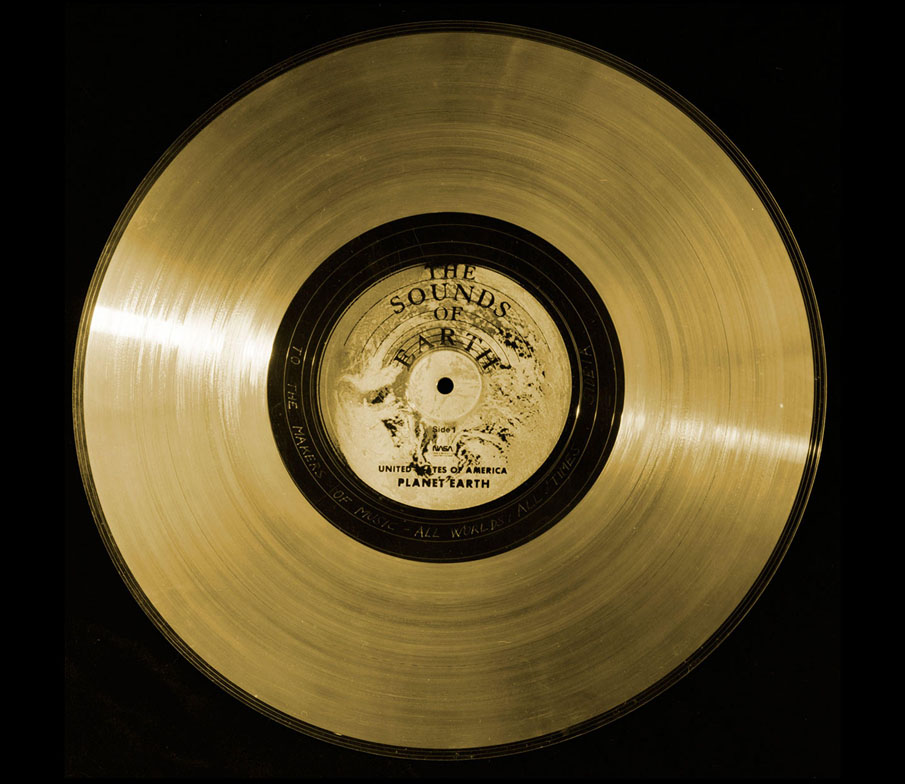
Figure 1.1 Voyager 1 and the Golden Record
Put be pinned down to the notes. That music is essentially human, and that it makes us human.
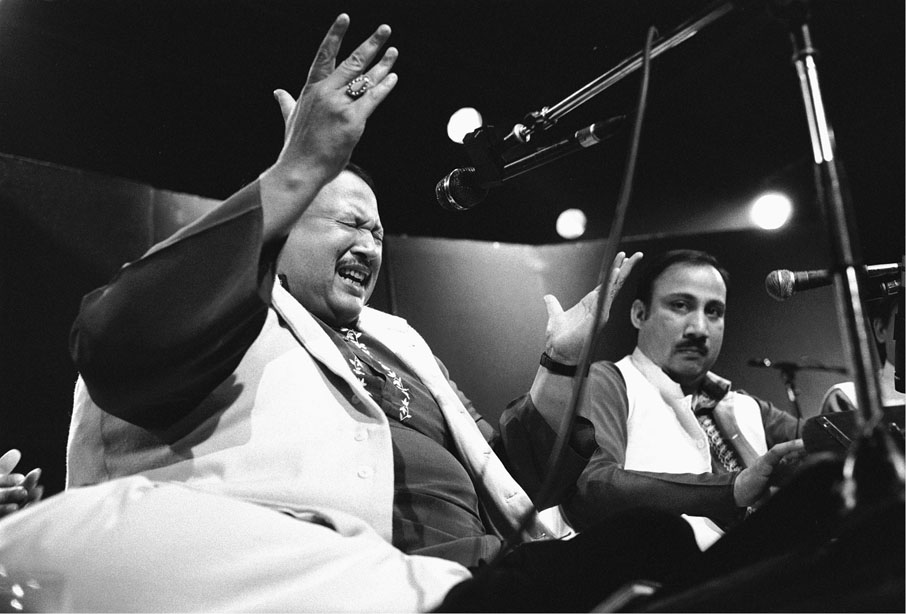
Figure 1.2 Nusrat Fateh Ali Khan
Music is linked to our origins as a species. So it is irresistible to write a big and bold account, a big history. Such a history would go deeper than the usual story of who wrote what and when (Bach, 16851750; wrote the St Matthew Passion in 1730). It would be a party to which all are invited: King David with his lyre and the composers of the psalms; Pythagoras; Lucy the australopithecine; singing apes and dancing parrots. It would begin with the cosmic music of the spheres and how simple organisms flinch to sounds. It would take in the protomusical languages of early Homo sapiens , and ask what marks them apart from birdsong or the calls of gibbons. It would track the dissemination and parallel development of musics around the planet, and focus on how and why Western music splintered off as a law unto itself, not as an inevitable triumph, but with consequences both good and bad. One consequence, for instance, is that Western music operated within the vehicle of white supremacy.
An evolution of music is an exciting prospect. But it hits one roadblock after another. There is no recorded music before 1877, when Edison invented his phonograph. Musical works exist, at a stretch, no earlier than ad 800. The earliest Greek music notation is 500 bc . Before then, nothing and silence. Music historians can only look with envy at the archaeologists working with relics and fossils. Music doesnt have any fossils, other than the odd bone flute discovered in ancient caves. A description of the evolution of music from physical objects would be Hamlet without the Prince, times ten. The rest is silence indeed.
Some Preliminaries
Luckily, the prospect is actually a lot more promising than it seems. But first, lets consider some preliminary limitations. It feels self-evident that there has been music for as long as there have been people, so writing its evolution might seem straightforward. The elephant or woolly mammoth in the room is that, for nearly the entirety of its existence, we have no idea what music sounded like. The first ever sound Tchaikovsky is getting faster. The choirs at St Johns and Kings College in Cambridge pride themselves on having unique sounds, shaped in part by the distinctive acoustics of the two chapels. If you walk across Cambridge from one evensong to another, you will get a different experience, even when the choirs are singing the same pieces.
The situation gets more desperate once you consider how much, or how little, the musical score tells you. Lets begin our timeline in 1786, when Mozart composed a wonderful Now, lets reverse-engineer music history, going back as far as we can. Well do this by watching the signs of musical scores melt away one by one until there is nothing left.
300 years ago
Robinson Crusoe is published in 1719. Jean-Antoine Watteau paints The Pleasures of Love the same year. Bach completes book one of the Well-Tempered Clavier in 1722. The score shows us melody, harmony and rhythm. But we dont know how loudly or how fast the music was played. The C-major prelude that begins the set is nowadays performed either softly, piano, or more confidently, forte, at all manner of speeds. The signs of tempo and dynamics have fallen off the map.
500 years ago
Michelangelo begins painting the Sistine Chapel ceiling in 1508. He writes a sequence of sonnets to his lover, Tommaso dei Cavalieri, in 1509. During his sojourn in Ferrara in 1505, the great Flemish composer, Josquin des Prez, writes a mass in honour of its ruler, Duke Ercole dEste I, his Missa Hercules dux Ferrariae . Not only are there no indications of loudness or speed, Josquin doesnt notate legato or staccato expression how smoothly or sharply notes are to be sung. Expression has fallen off the map.
800 years ago
The first Gothic cathedrals. Cimabues crucifix, 1287. In 1250, Hildegard of Bingen, abbess of a nunnery at Rupertsberg, theologian, composer, poet and inventor of German botany, writes both the words and the music of her liturgical drama, the Ordo Virtutum . These chants have no harmony, no rhythm, no tempo, no dynamics, no expression, just pitches. We dont even know whether the nuns sang these chants solo or together as a group. Nearly everything has fallen off the map.
1,700 years ago
Saint melody. Pitch, the last parameter left on musics map, is gone. Also dead is the idea of individual authorship. We are used to crediting music to human beings with a name. But this music is an orphan. It is fitting that the idea of the composer goes down with the ship of music.
2,000 years ago
We are not finished yet, for music has a ghostly proto-life. The ancient Greeks devised an elaborate theory of music, and invented types of musical scale we still use today, such as the Dorian, Aeolian and Lydian modes. We can be sure that their world was full of music. Yet very little of this music survives in a notation that can be deciphered. The contrast with the temples, statues and tragic drama of the ancient world is stark. Where is the musical equivalent of the Parthenon? Of Sophocles Theban Trilogy ? A poignant counterexample is the great Alexander Mosaic, preserved in the Naples National Archaeological Museum. A copy of an early third-century bc Hellenistic painting, this vital, vivid depiction of the battle between Alexander the Great and Darius gives the lie to the myth that realism in art had to wait until the Italian Renaissance. Painters and poets could represent the human long before that. So why not in music? Or, if the musical human was around in ancient times, why has the proof vanished? An ancient world flooded with sculptures, temples, poems and plays would presumably have resounded with music too. But from where we stand today, there is a deafening silence.
Next pageFont size:
Interval:
Bookmark:
Similar books «The Musical Human»
Look at similar books to The Musical Human. We have selected literature similar in name and meaning in the hope of providing readers with more options to find new, interesting, not yet read works.
Discussion, reviews of the book The Musical Human and just readers' own opinions. Leave your comments, write what you think about the work, its meaning or the main characters. Specify what exactly you liked and what you didn't like, and why you think so.

